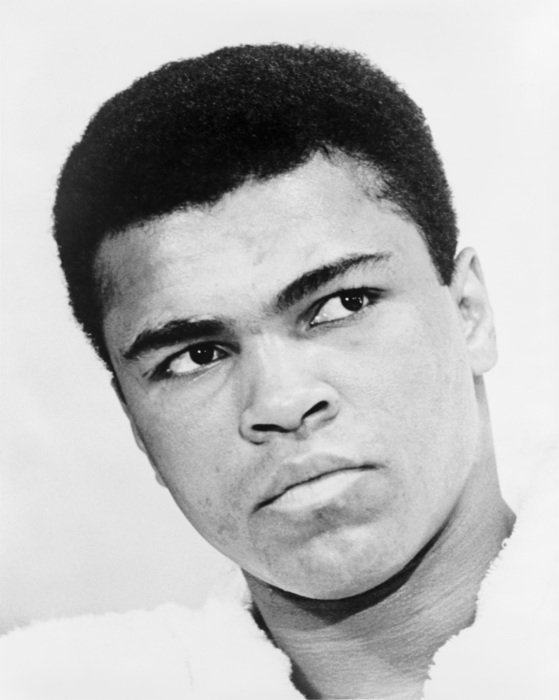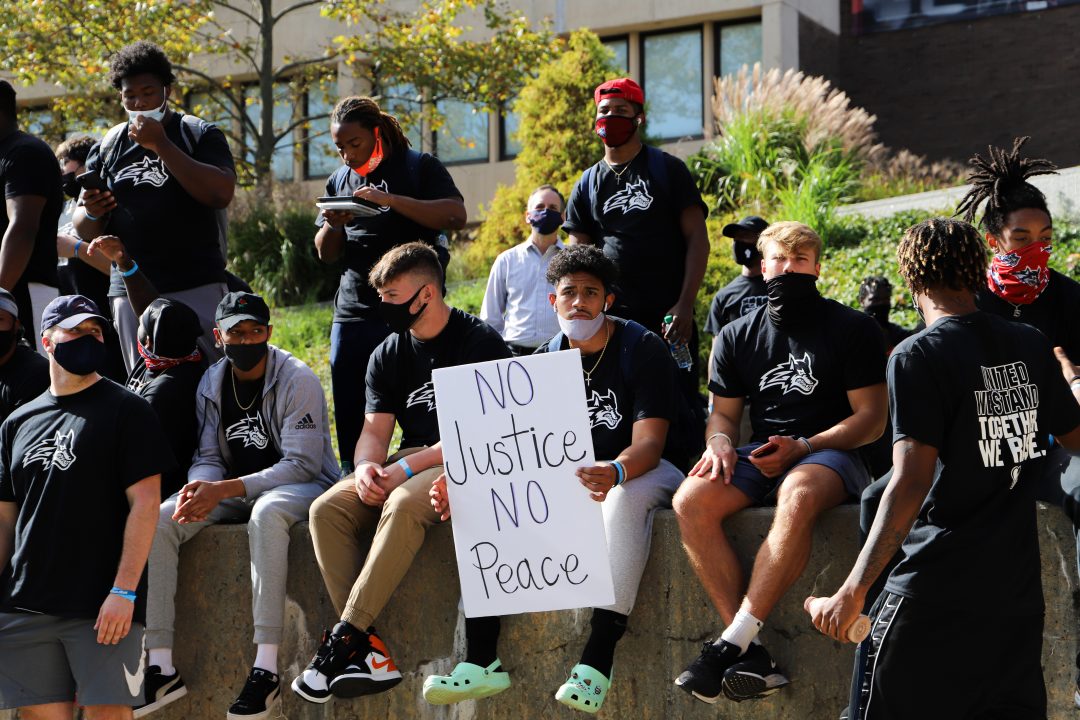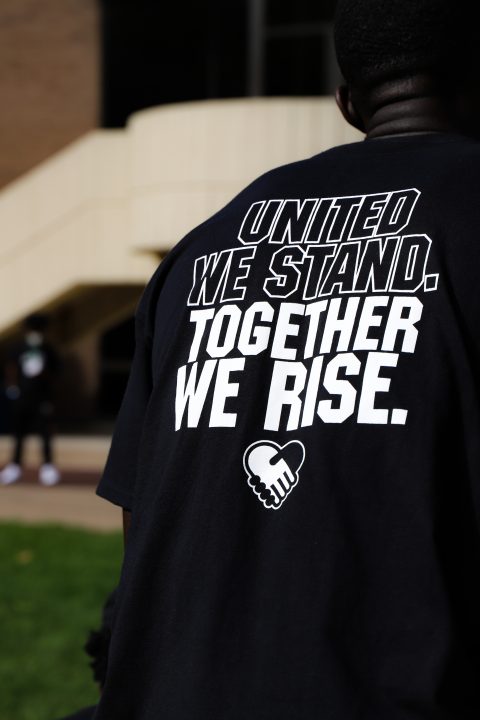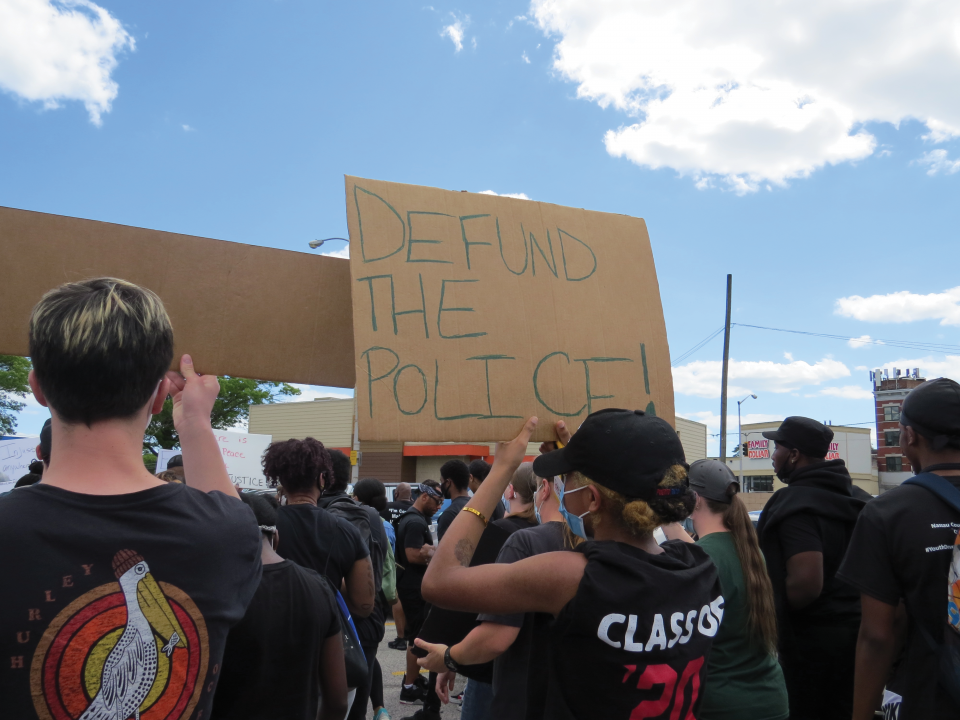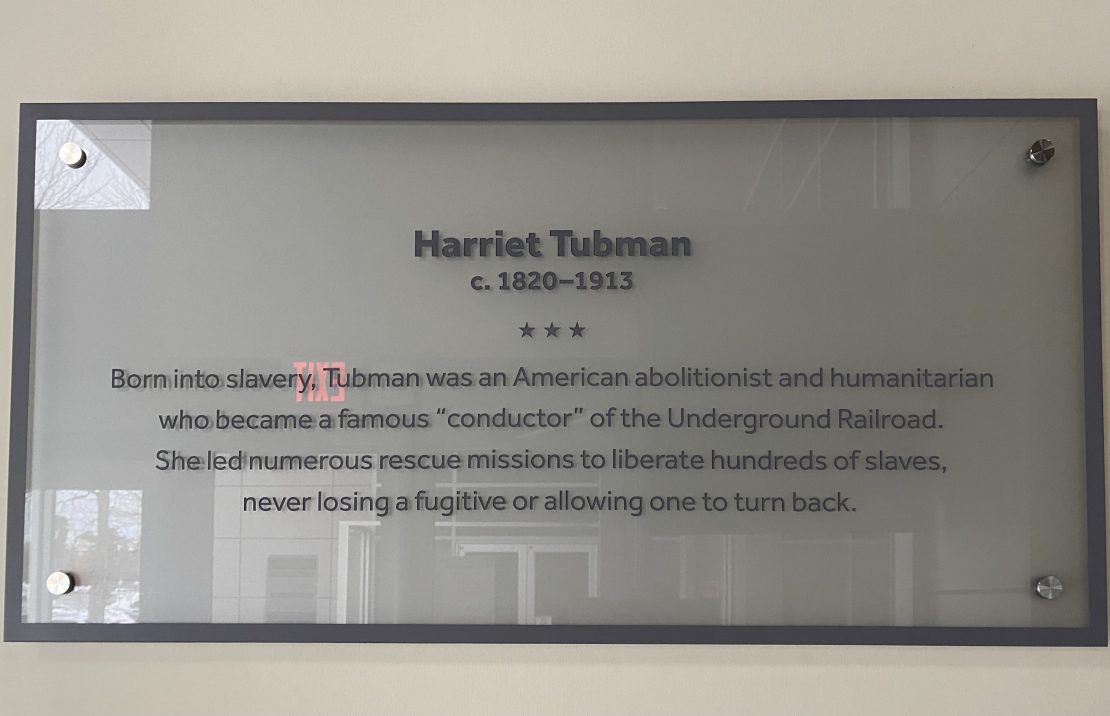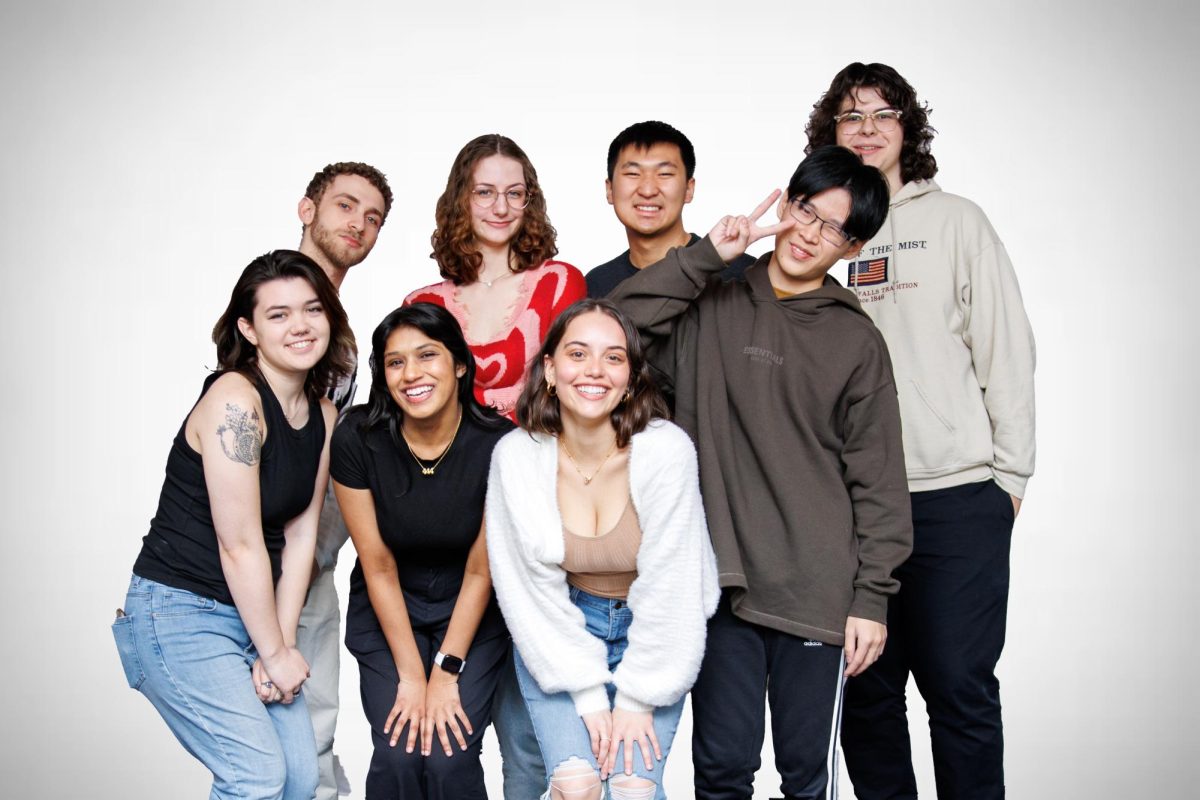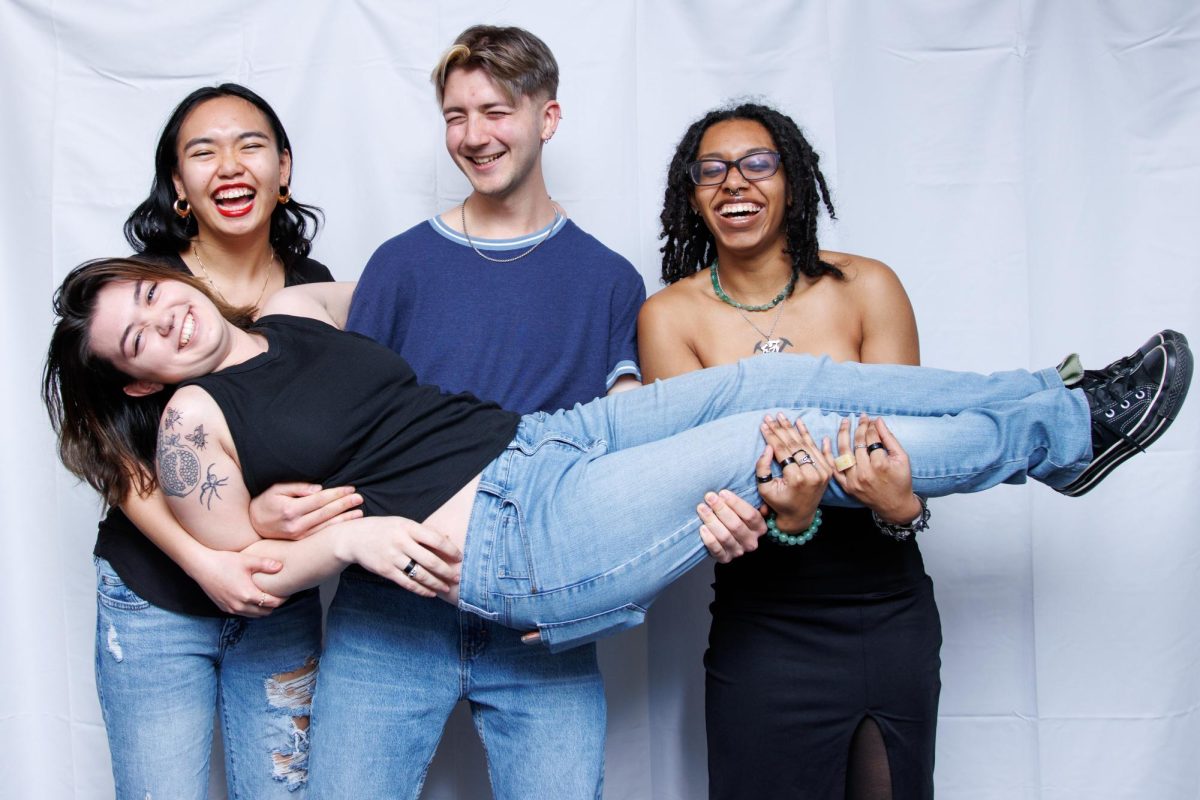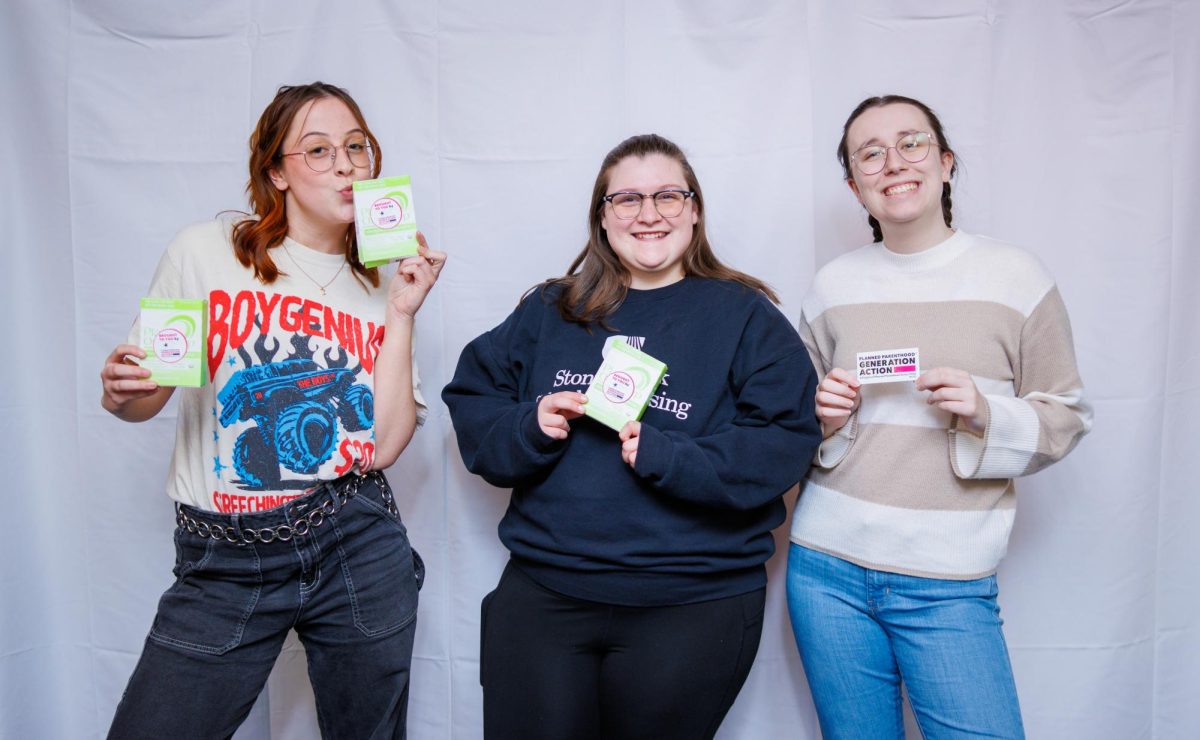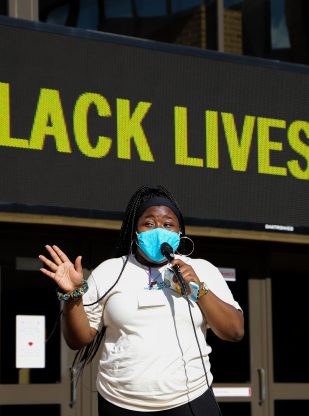
To Oreoluwa Adewale, Black Lives Matter is more than another hashtag or a movement. It is about being allowed to be Black without exception.
Adewale is a senior political science and Africana studies major, and president of the Stony Brook Chapter of the National Association for the Advancement of Colored People (NAACP). The NAACP promotes diversity and inclusion and aims to educate about the marginalization of people, while providing a safe space for discussion.
“A lot of people in our community are raised to survive, instead of being raised to be successful,” Adewale said. “Black lives matter is really just being able to just live your life without fear of having to die for no reason.”
Adewale began her journey with the NAACP as the membership recruiter chair during her sophomore year. At the time, she had never considered running for president or having a large role in the organization. However, many members on the e-board saw leadership qualities within her that would make her an essential component of the NAACP.
“It ended up being a really great experience,” she said. “I just had so many ideas for the club and there were so many things that I wanted to fix. There was a lot of potential, so I took advantage of it. Now people know that we have a NAACP on campus.”
Through the NAACP, she continued to host consistent general body meetings, heavily engaged the organization on social media and promoted the organization as a safe space for Black students.
Goka Lee-Maeba, a senior psychology major and member of the NAACP, emphasized how Adewale has brought the NAACP recognition throughout campus and has taken the chapter to “greater heights.”
“It was clear to the members of the organization, including myself, that Ore needed to be president,” Lee-Maeba said. “We all saw that she cared so deeply for the organization and wanted it to thrive.”
Lee-Maeba has been friends with Adewale since they met during her freshman year of college. She emphasized the role that Adewale has played as an activist and leader in the Black community on campus.
“With everything she does, it is so clear that she cares about Black people and their lives,” Lee-Maeba said. “She is a natural born leader and an activist; she advocates for under-represented people and will always call out something or someone when she sees or hears injustice.”
Last fall, Adewale came up with the idea of holding a Black Lives Matter protest on campus, since COVID-19 had restricted many from attending protests over the summer. The protest was hosted by both the NAACP and the Black Student Athlete Huddle.
“It was a huge success and so many students thanked us for giving them the chance to be able to protest and use their voice to help the movement,” Lee-Maeba said.
Through the NAACP as a whole, Black students have been able to share their voice openly in various spaces, whether it’s through general body meetings or events. Adewale said that she loves that there are several chapters of the NAACP and how campus chapters can have different meanings. For the Stony Brook chapter of the NAACP, the organization is a home for students of color, according to Adewale.
“On Stony Brook’s campus, I definitely feel like we’re an avenue for students to express themselves and I want that to be more of our job description as they [the NAACP] continue on even when I’m not here,” she said. “It’s a space for Black students to just say what they have to say.”
One of Adewale’s favorite parts about the NAACP is when people come to general student body meetings and they are extremely honest about how they feel in discussions, regardless if other people agree or not. When Black students share stories of about injustices that they may have faced on campus during meetings, the NAACP then supports their statement and reports it to the school’s administration, if the student wishes them to do so.
Adewale herself said she has faced numerous accounts of injustice and discrimination on campus, and said that Stony Brook does not feel like a safe space for Black students.
“I think it’s a lot of talk and no action,” she said. “In my four years there really has been no genuine change here and the retention for Black students, staff and faculty here is atrocious. A lot of the time, we feel unsafe.”
For example, on one night in 2018 a group of Black students in the library was asked to leave because some people thought they were being too loud — Adewale included. After refusing to leave, the police were called and one of the Black students explained that the situation was a form of discrimination.
In terms of what can be done at Stony Brook to help Black students, Adewale said that accountability is important, especially when multiple students, staff and faculty are coming forward with stories about seeing racism on throughout the campus.
“It will get reported and nothing happens or it’s kind of just like the people who are reporting it get gaslit,” Adewale said. “There are also certain situations that I feel the cultural clubs don’t get enough support. We’re not here for tokenism and a lot of the time, it feels like we’re just here to take pictures.”
In the country as a whole, Adewale believes that Black people have been neglected for years. She said that it’s disheartening to see hateful people refuse to believe that white supremacy is real, even with a substantial amount of evidence.
“This country needs to do a lot better for the people that are actually working for it,” she said.
When she first heard about George Floyd, a 46-year-old Black man from Minneapolis who was killed on May 25 after a police officer knelt on his neck for nearly nine minutes during an arrest, Adewale was not surprised at all.
She said that his death in combination with many reactions to the news, made her frustrated. However, she turned her anger into activism and helped plan a protest in her hometown of Wheatley Heights on Long Island.
Adewale’s activism does not just end with the NAACP. Adewale is also the co-founder and vice president of the Stony Brook Chapter of the National Black Law Students Association (NBLSA), which works to increase the number of culturally responsible Black attorneys. She has also been a resident assistant in Tubman Hall since her sophomore year, where she has been consistently decorating her hallway with Black exhibits for Black History Month.
“Oreoluwa has shown activism for Black Lives Matter through educating others and keeping people informed through the platform of social media about issues that are affecting the Black community,” Jhordyne Donaldson, a junior economics and sociology double major and e-board member of the NBLSA, said. “Even the fact that she is able to lead and be resourceful to two major clubs on Stony Brooks campus, which have a high population of Black students, is one way she demonstrates activism, as she continues to elevate the Black students in all aspects of their life.”
Adewale is also the head cultural officer with the African Students Union, a member of the Student African American Sisterhood and the student liaison with the Black and Latino Alumni Network, which focuses on discussion around issues that Black students face on campus.
Even with all of the clubs and organizations that she has joined that focus on providing support for Black students on campus, Adewale still feels that there is much more work to be done.
“I’m involved in a lot of things and it’s sad that I don’t feel like much has changed on this campus,” she said. “It’s hard for me to see positivity in our [the Black community’s] future because I don’t think that this school fights for us. And when you’re only fighting for yourself, other people can just do whatever to you. So, Stony Brook: Get it together.”







